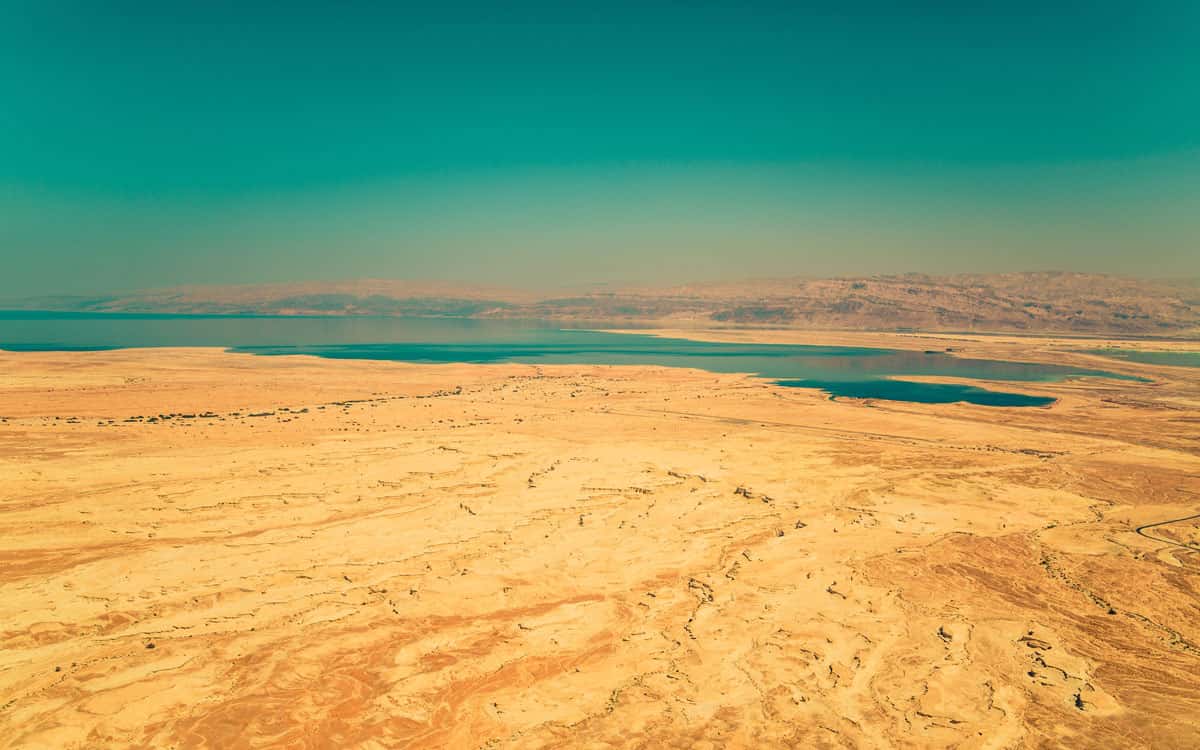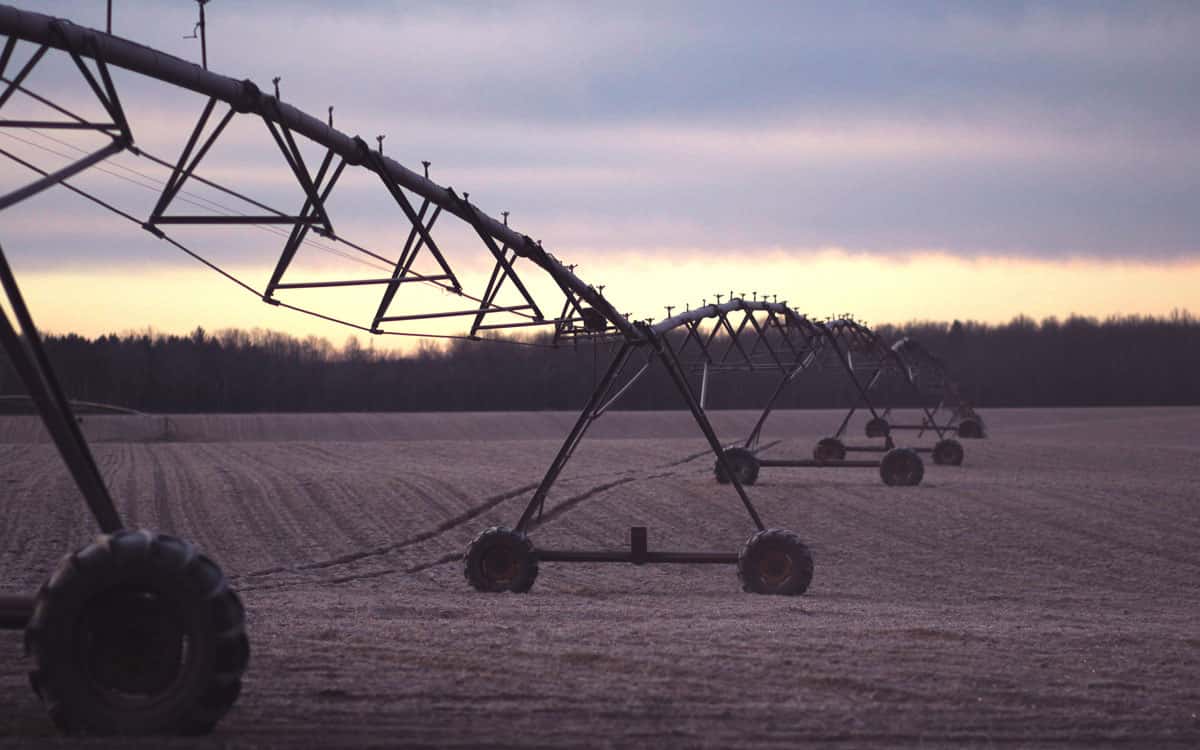
Addressing the Middle East’s Water Crisis
It’s no secret — the Middle East is one of the most water-stressed areas on Earth.
Jordan, the United Arab Emirates, Qatar, Bahrain, portions of Israel and the Palestinian Authority are among the most water-stressed countries in the world, using 80 percent or more of their freshwater supply every year. The arid desert climate and low levels of precipitation, especially when coupled with what seems like perpetual political tensions and poverty, makes the Middle East ripe for a water crisis which directly affects political, environmental and socioeconomic stability in the region.
With a messy situation on the horizon and a crisis looming by 2040, academics, government officials, entrepreneurs and other change makers are contributing their ideas to solve one of the most difficult problems facing humanity. What can be done in the face of such overwhelming odds? This race to save the region from an utter breakdown has produced some strategic alliances and even some really interesting, out of the box ideas.
The Expensive Approach: Desalination Plants
Some of these countries with ocean views may look like they have water access, but sea water is useless. The salt content of the ocean makes the water unusable for drinking, cooking, washing and other daily applications.
Some places use desalination technology to make the water potable. This process extracts salt and other minerals from sea water, transforming the water into a drinkable, clean substance. Desalination technology is already in use around the world – it’s proposed as part of the Red/Dead Project – but running desalination plants is energy-intensive and cost-prohibitive to boot, costing $1 million per every 1,000 cubic meters.
The Diplomatic Approach: The Red/Dead Project
The Red/Dead Project, a $10 billion collaboration between Israel, Jordan and the Palestinian Authority was greenlit earlier this year. The ambitious and historic project aims to build a 180-kilometer pipeline to carry up to 2 billion cubic meters of seawater per year from the Red Sea to the Dead Sea. A desalination facility would produce up to 800 cubic meters of potable water, while also replenishing the diminishing Dead Sea, whose water levels have been declining for decades.
The Extreme Approach: Bringing an Iceberg to Dubai
Yes, you read that correctly. The water shortage is so severe in the United Arab Emirates that officials have proposed dragging icebergs from the southern Indian Ocean to the Gulf.
The process is being discussed seriously, with full plans to piece up, cart off and deliver massive city-sized icebergs to provide potable drinking water to UAE residents. According to the officials at the National Advisor Bureau, the company behind the idea, the process is significantly cheaper than desalinating sea water.
While there are a multitude of reasons why such an over-the-top proposal wouldn’t succeed, including feasibility and sustainability, the project is notable in that it demonstrates just how severe the water crisis is getting in the Middle East.
The Accessible Approach: Atmospheric Water Generators
It’s a win-win-win situation for those invested in solving the water crisis in the Middle East: it involves no icebergs, no lofty thinking and no treaties. The Atmospheric Water Generator (AWG) is an actionable solution which can be rolled out quickly, maintained easily and is completely scalable, from small villages to entire cities.
This solar-powered machine is designed to take humidity from the air and turn it into potable drinking water. Machines can produce up to 10,000 liters of drinkable water per day, a saving grace for many who are reliant on such low freshwater resources.
Islands of Peace is proud to support the installation of AWGs in the Middle East. Learn more about the Water from the Air project and find out how you can support our efforts.



